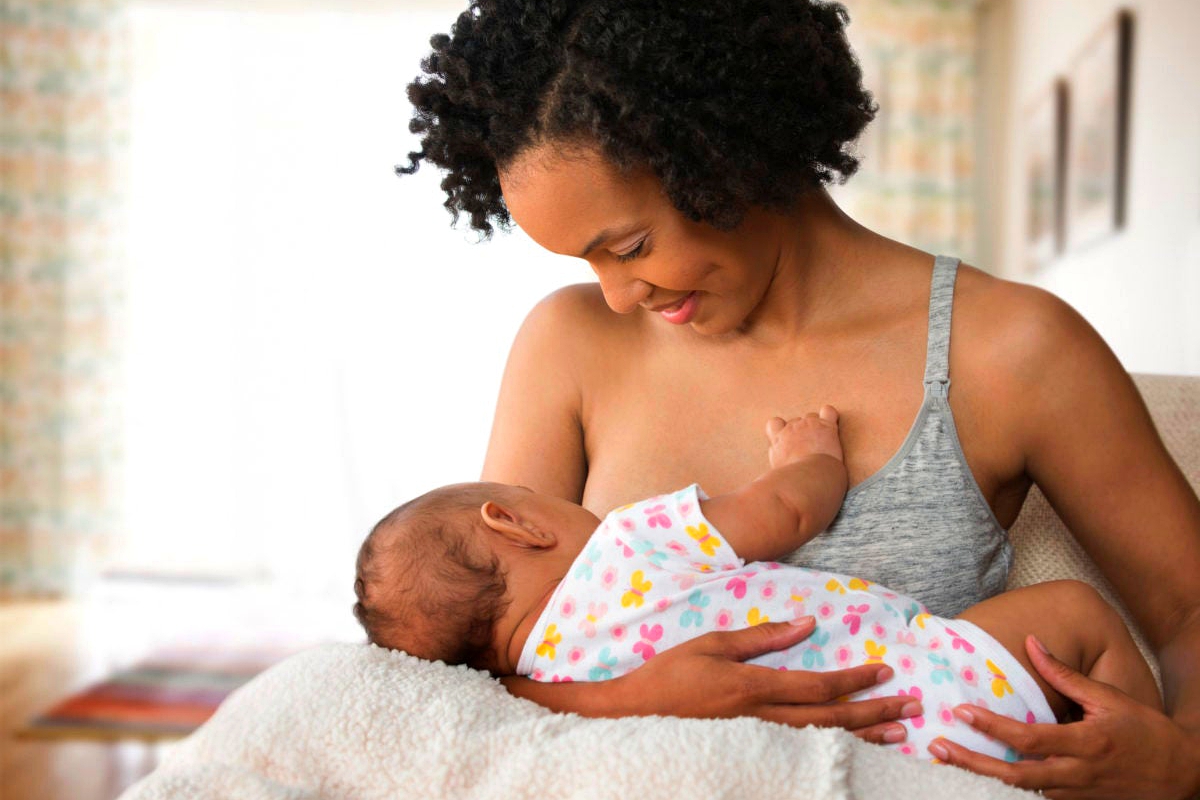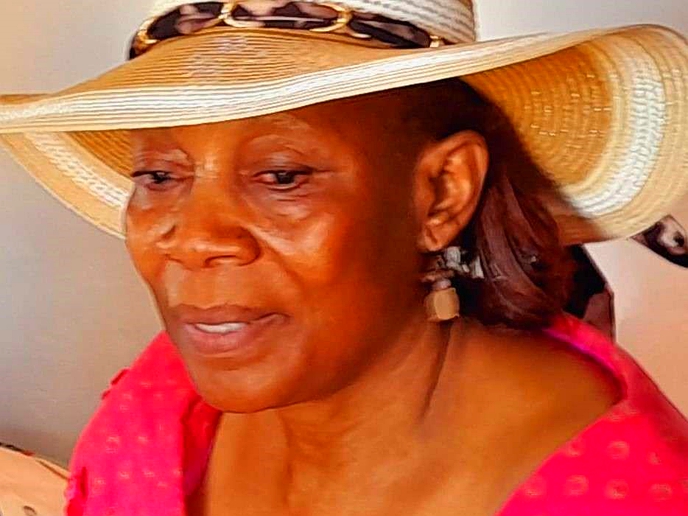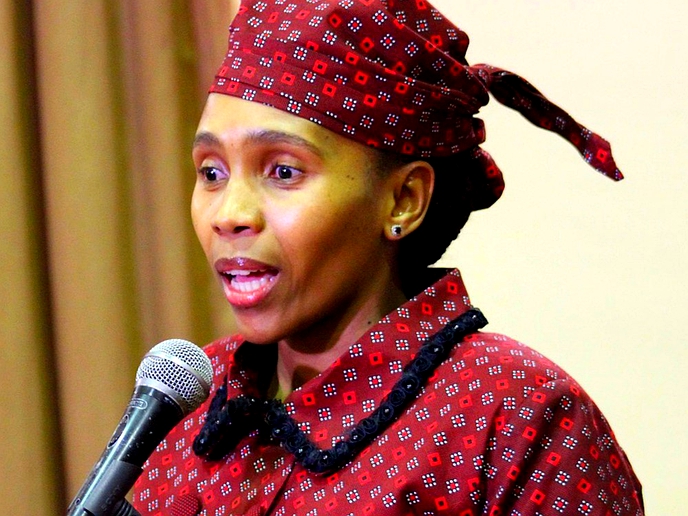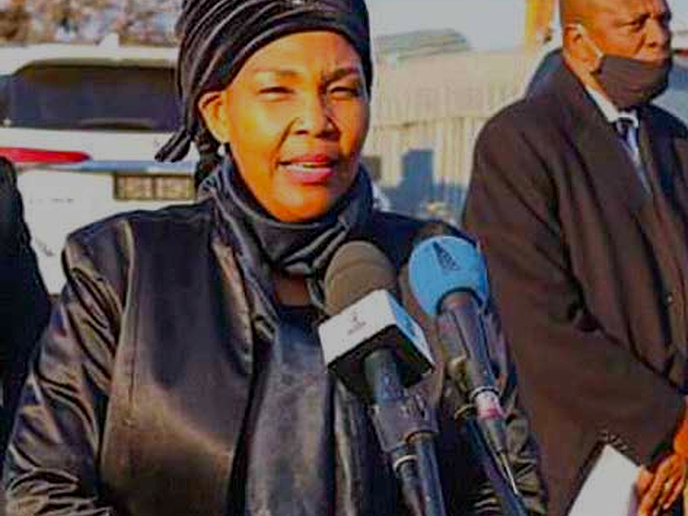MASERU - Transmission of active COVID-19 (virus that can cause infection) through breast milk and breastfeeding has not been detected to date, hence, there is no reason to stop breastfeeding, the World Health Organisation (WHO) has said.
health
Aug. 13, 2020
LINEO MABEKEBEKE
2 min read
COVID-19 must not stop mothers from breastfeeding

This emerged during the World Breastfeeding Week which is a global campaign to raise awareness on themes related to breastfeeding. According to WHO, in the communities of all socio-economic settings, breastfeeding improves survival and provides lifelong health as well as development advantage to new-borns and infants as well as improves the health of the mothers.
Following this finding, WHO says a newly born baby should immediately be placed skin-to-skin to the mother and breastfed even if the mother is suspected or has been confirmed to have COVID-19. Placing the new-born close to the mother also enables early initiation of breastfeeding, which also reduces mortality, WHO notes, adding that the numerous benefits of skin-toskin contact and breastfeeding substantially outweigh the potential risks of transmission and illness associated with COVID-19.
Dr Hana Bekele from WHO said women suspected or confirmed to have COVID-19 can breastfeed if they so wish, warning, however, that they should frequently wash their hands with soap and water or use alcohol-based hand rub especially before touching the babies. She said they should always put on their face masks whenever they have any form of contact with the babies, including while feeding them.
Enjoy our daily newsletter from today
Access exclusive newsletters, along with previews of new media releases.
“They should sneeze or cough into a tissue, then dispose it of immediately and wash their hands again,” Dr Bekele also noted. Mothers with symptoms of COVID-19 are advised to wear medical masks, but even if it is not possible, breastfeeding should be continued while following other infection prevention measures, such as hygienic practices, cleaning of surfaces and coughing into a tissue. For those who have been confirmed or suspected of having COVID-19 and were unable to breastfeed, they are advised to start when they feel it is safe to do so, because there is no fixed time interval for waiting.
WHO further shows that there is no evidence that breastfeeding changes the clinical course of COVID-19 in a mother, hence health workers or breastfeeding councillors should support it. The theme for this year’s edition of the World Breastfeeding Week is “support breastfeeding for a healthier planet”.
The theme focuses on the environment or climate change and the imperative importance of protecting, promoting and supporting breastfeeding for the health of the planet and its people. It also looks into every step taken across life-cycle to mitigate environmental degradation as the climate crisis counts. The COVID-19 pandemic has taught people that all are affected and an immediate coordinated societal response is required.
WHO concludes: “Something needs to be done to reduce carbon and ecological footprints starting with how babies are fed, work together in creating a chain of support for breastfeeding and contribute towards planet health’.






